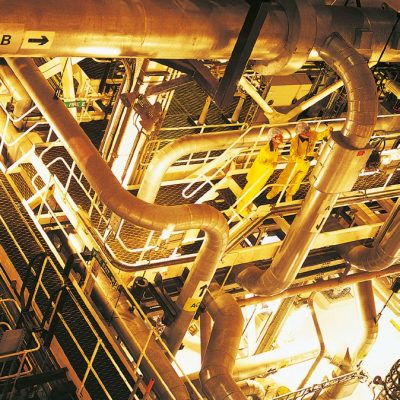Reliability Ram + Support
Reliability Ram + Support
Previous
Next
PLANT RELIABILITY AVAILABILITY/MAINTENANCE RAM +SUPPORT
Failures in plant machinery and constructions are highly unwanted because they may be too costly and compromise safety. Once a failure has occurred, or the early stages of a potential loss have been identified, it is essential to determine the cause of the failure and initiate preventive measures to stop the failure or avoid recurrence of the failure. Quad provides on-site inspection and root cause analysis based on your background data, our observations, and measurements. The most crucial goal of a root cause analysis is to prevent both new and reoccurring failures and thereby improve workers’ safety and the environment and prevent loss for the operator.
OUR MAIN SERVICES
- Preventive/Predictive Maintenance plan and scope Development.
- Repair and alteration / Design Recommendations for Rotating and Fixed Equipment.
- Maintenance Work Scopes Optimization(TA/Break-In).
- Facility Integrity Program Development and Management.
- Root Cause Analysis and Defect/Failure Management.
- Plant PSI: P&IDs, PFDs ISO(2D&3DDrawings).
ROOT CAUSE ANALYSIS
Quad performs failure investigations and subsequent analyses to find the root cause of failures. This procedure is often referred to as root cause analysis (RCA). The first part of the failure investigation is typically performed by our specialists on-site, and based on their recommendations; samples are examined in detail with advanced laboratory techniques.
ROOT CAUSE ANALYSIS
Identification of the cause of failure is the first step towards mitigating future corrosion. For example, the solution to unwanted aggressive corrosion may be an injection of corrosion inhibitors or biocides or introducing more corrosion-resistant materials, such as a suitable stainless steel or nickel alloy. For coatings or polymer/rubber/composite constructions such as pipes, tanks, and seals, the cause of failure is often inferior materials selection for the specific conditions (temperature, pressure, chemicals). A failure mode may also be due to conditions differing considerably from specified initial conditions. A data and technology-driven study is always the best path to derive the best solutions.

